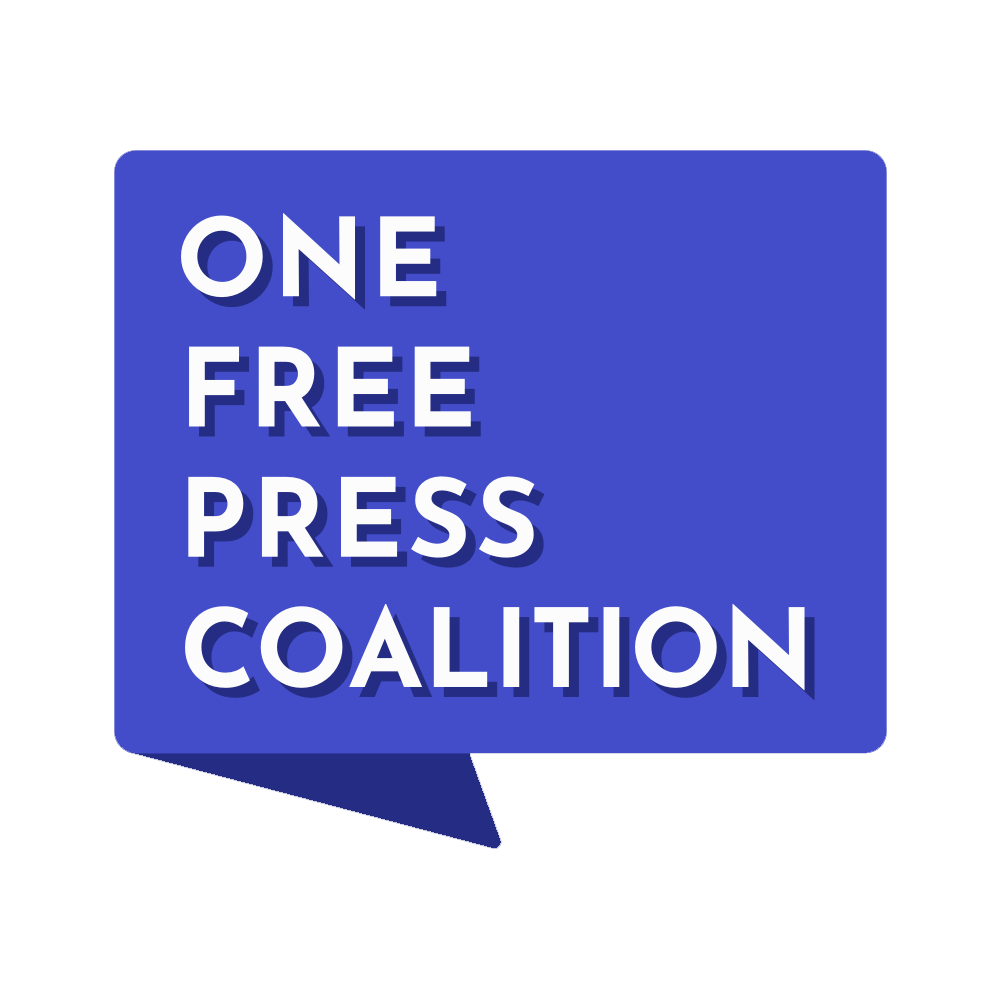Ahead of World Photography Day on August 19, the monthly 10 Most Urgent list focuses on cases of photographers, filmmakers and video journalists who are targeted for their work.
Photojournalists experience a unique set of challenges, as the nature of their work means they must get direct, close access to the action. In a 2018 global survey of photojournalists, 90% of respondents told CPJ they have had to work in high-risk environments, and almost half had been injured at least once while working. In 2020, CPJ documented 20 photojournalists behind bars, and since 1992, 366 photographers, camera operators and documentary filmmakers have been killed around the world in connection to their work.
Journalists can find safety resources and information on CPJ and IWMF websites.
1. Anton Hammerl (Libya)
Hammerl, a photographer of South African and Austrian descent, was shot and killed by government forces in Libya in 2011 while covering the frontlines of the conflict as a freelancer. Ten years on, his body has still not been returned to his family, and there has been no formal investigation into his death. The Justice for Anton campaign is seeking to change this.
2. Olivier Dubois (Mali)
French journalist and filmmaker Olivier Dubois was kidnapped in the Malian region of Gao in April, by the Al-Qaeda affiliated group Jamaa Nusrat al-Islam, while seeking an interview with a local leader of the group. Months later, he remains in their custody.
3. Aleksandre Lashkarava (Georgia)
TV Pirveli camera operator died in Tbilisi days after he sustained a concussion and broken bones in his face, and underwent surgery as a result of an attack by anti-LGBTQ protestors while covering a demonstration in the capital. Police have launched a criminal investigation into his death.
4. Danish Siddiqui (Afghanistan)
Reuters photojournalist, who won a 2018 Pulitzer Prize for his work documenting the Rohingya Refugee Crisis, was killed in July while covering a clash between Afghan security forces and Taliban fighters. 53 journalists have been killed in Afghanistan since 1992.
5. Qaraman Shukri (Iraq)
Iraqi Kurdish photojournalist sentenced to seven years in prison in a secret trial without a lawyer present. He and his family hope to appeal. Shukri did not say what laws he was convicted of violating during the trial.
6. Alex Silveira (Brazil)
Brazilian photojournalist was shot in the eye with a rubber bullet by police in 2000 while covering protests in Sao Paulo, blinding him in his left eye. He has been fighting for justice ever since, and while the Supreme Court recently ruled in his favor, he still awaits a final decision.
7. Sayed Abd Ellah (Egypt)
Freelance photographer and commentator is one of several journalists detained since 2019 in Egypt, pending a mass trial in which thousands of people were charged with false news and anti-state crimes, and his pre-trial detention has been repeatedly renewed over the years.
8. Nooshin Jafari (Iran)
Cinema and theater photographer, covering culture for several Iranian magazines, was arrested in 2019 related to posts on Twitter, and started serving her four-year prison sentence this year on charges of “spreading anti-establishment propaganda” and “insulting sanctities.”
9. Bülent Kılıç (Turkey)
On June 28, police officers in Istanbul detained the chief Turkey photographer for AFP while he was covering police breaking up an LGBTQ Pride march in the city. Officers hit him in the face with his camera and threw it to the ground, and then pinned him down by kneeling on his neck and back as he struggled to breathe, before releasing him.
10. Magnificent Mndebele and Cebelihle Mbuyisa (Eswatini)
After covering the funeral of a police shooting victim, soldiers arrested two reporters from the South African news website New Frame in July. Soldiers threatened them at gunpoint, demanded they delete their camera footage, and took them to the police station where they were interrogated and physically abused by police for hours before being released.






